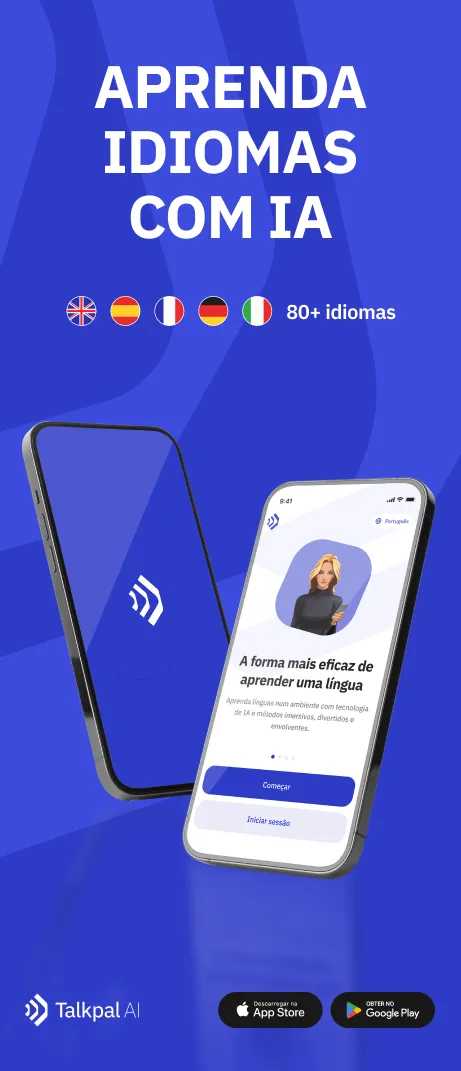Abordaremos duas formas principais de discurso indireto: afirmações e perguntas. Com estes exercícios, você irá fortalecer seu entendimento e uso do Reported Speech e aprimorar sua capacidade de reportar frases em diferentes contextos. Certifique-se de prestar atenção às mudanças necessárias quando mudar do discurso direto para o indireto e vice-versa. Vamos começar!
Exercício 1: Afirmações no Reported Speech
She said, “I am tired.” – She said that she *was* (tense) tired.
He told me, “I will call you later.” – He told me that he *would* (tense) call me later.
“We have finished our homework,” they said. – They said that they *had* (tense) finished their homework.
“I can play the piano,” she stated. – She stated that she *could* (ability) play the piano.
They said, “It is raining outside.” – They said that it *was* (tense) raining outside.
“I must go now,” he mentioned. – He mentioned that he *had* (obligation) to go now.
“You should try the cake,” she suggested. – She suggested that I *should* (advice) try the cake.
He complained, “My phone isn’t working.” – He complained that his phone *wasn’t* (tense) working.
“I’ll help you with your project,” she offered. – She offered to help me with my *project* (object).
“I’ve been to Paris three times,” he told her. – He told her that he *had* (tense) been to Paris three times.
“We were watching a movie when you called,” they explained. – They explained that they *had* (tense) been watching a movie when I called.
He warned, “Don’t touch the wet paint.” – He warned not to touch the *wet* (adjective) paint.
“Let’s go for a walk,” she proposed. – She proposed that we *go* (activity) for a walk.
“You might find the book in the library,” he said. – He said that I *might* (possibility) find the book in the library.
“I didn’t like the movie,” she admitted. – She admitted that she *hadn’t* (tense) liked the movie.
Exercício 2: Perguntas no Reported Speech
“Are you coming to the party?” he asked. – He asked if I *was* (tense) coming to the party.
She asked, “Do you like chocolate?” – She asked if I *liked* (tense) chocolate.
“When will you return the book?” he inquired. – He inquired when I *would* (tense) return the book.
“Can you help me?” she pleaded. – She pleaded if I *could* (ability) help her.
They wondered, “Has the mail arrived yet?” – They wondered if the mail *had* (tense) arrived yet.
“Why won’t you talk to me?” she demanded. – She demanded to know why I *wouldn’t* (tense) talk to her.
He questioned, “Have you ever been to Africa?” – He questioned if I *had* (experience) ever been to Africa.
“What time does the train leave?” she asked. – She asked what time the train *left* (tense).
“Is the meeting confirmed for tomorrow?” he wanted to know. – He wanted to know if the meeting *was* (status) confirmed for tomorrow.
She inquired, “How long have you lived here?” – She inquired how long I *had* (duration) lived here.
“Who did this painting?” he pondered. – He pondered who *had* (actor) done this painting.
“Where did you get this information?” she queried. – She queried where I *had* (source) gotten this information.
“Could you please explain this to me?” he requested. – He requested that I *explain* (action) this to him.
She wanted to know, “Will they be staying for dinner?” – She wanted to know if they *would* (plan) be staying for dinner.
“How did you solve the problem?” he was curious. – He was curious how I *had* (method) solved the problem.










